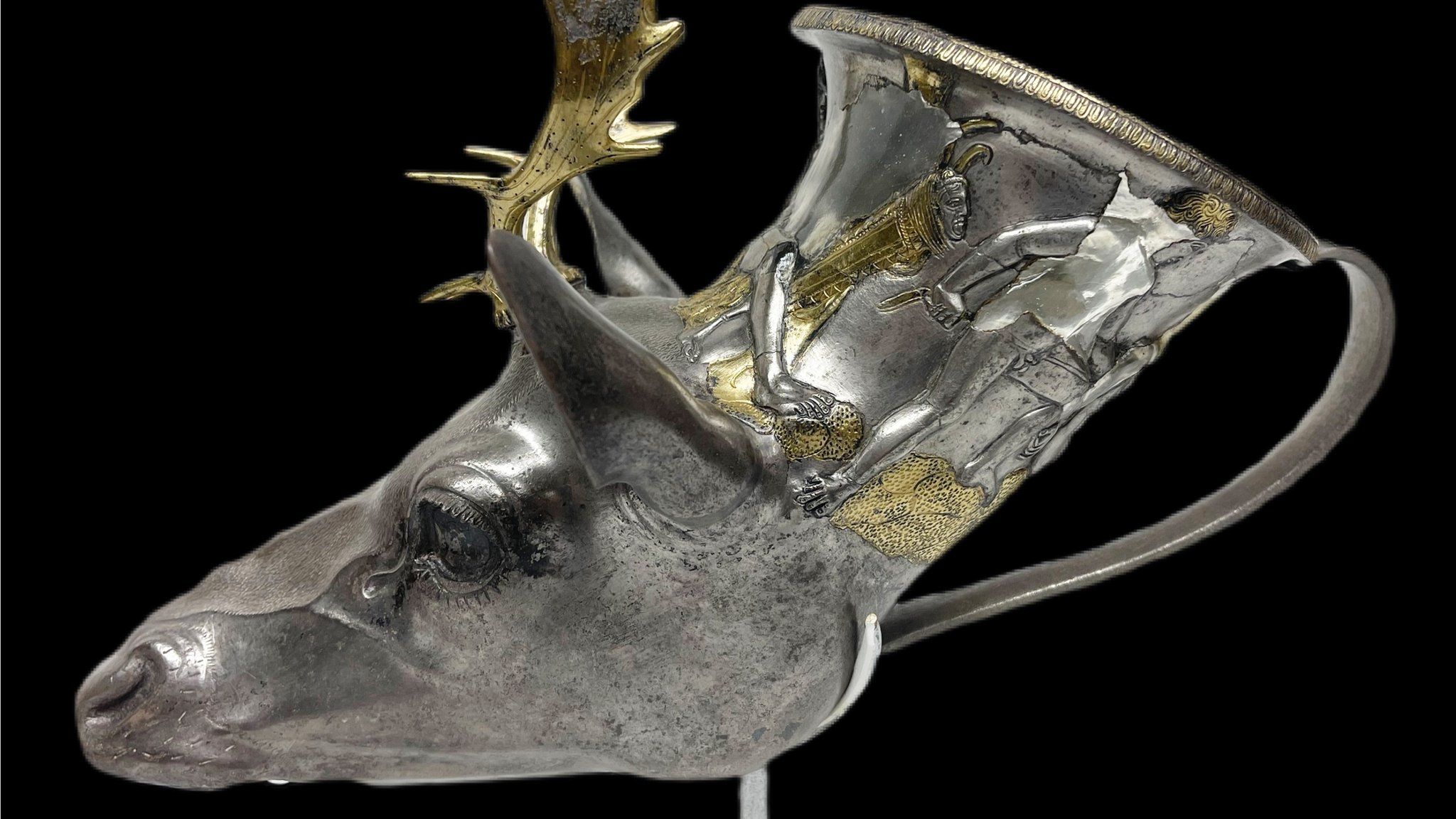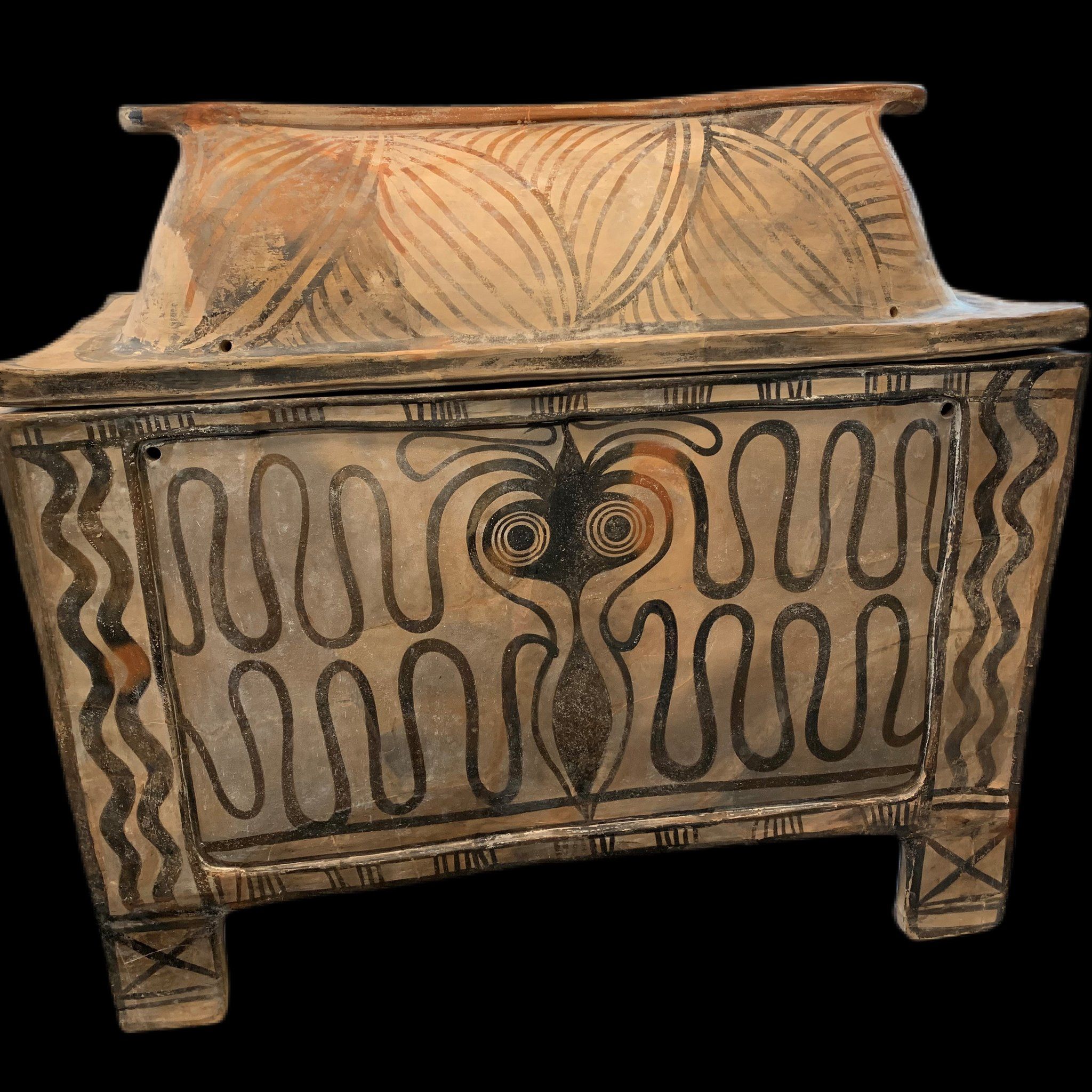Michael Steinhardt: US billionaire hands over antiquities worth $70m
A US billionaire has been banned for life from buying antiquities after an investigation found that items he owned had been looted and illegally smuggled.
Michael Steinhardt has surrendered treasures worth $70m (£53m) as part of a deal which means he will not face criminal charges.
The ban on the hedge-fund (quỹ phòng hộ) pioneer acquiring more antiquities was the first of its kind, prosecutors said.
Many of the antiquities appeared to be without provenance (nguồn gốc), they said.
Mr Steinhardt denies any criminal wrongdoing in the matter; the deal put an end to a grand jury investigation into his affairs.
Among the 180 items he has handed over are the Stag's Head Rhyton, a drinking vessel (bình rượu hình đầu hươu đực) dating from 400BC worth $3.5m.
The Larnax, a Cretan chest for human remains, has also been surrendered.
The 3,000-year-old item was bought from a known trafficker in 2016, prosecutors allege.
Announcing the surrendering (trả lại) of the antiquities, Manhattan District Attorney Cy Vance Jr said Mr Steinhardt "displayed a rapacious appetite (ham muốn/khao khát tham lam) for plundered artefacts (cổ vật bị đánh cắp) without concern for the legality (tính hợp pháp) of his actions, the legitimacy (tính chính danh) of the pieces he bought and sold, or the grievous (ghê tởm) cultural damage he wrought (tạo ra) across the globe".
The seized items had been smuggled out of 11 different countries before ending up on the international art market, the district attorney's office found.
Mr Steinhardt's lawyers said he was pleased the investigation had ended and that "items wrongfully taken by others will be returned to their native countries".
They added that the investor might seek compensation from dealers who had misled him as to the provenance of the items he bought.


No comments:
Post a Comment